
Capital Raising & Corporate Finance
ByteDance: Between a Rock and a Digital Hard Place
Washington holds the future of both TikTok and ByteDance in its hands. Who wouldn’t want to own a piece of...
Global news and insight for corporate financial professionals
Join the global community of corporate and public-sector finance industry leaders reading Global Finance monthly in print.
Click Here
Capital Raising & Corporate Finance
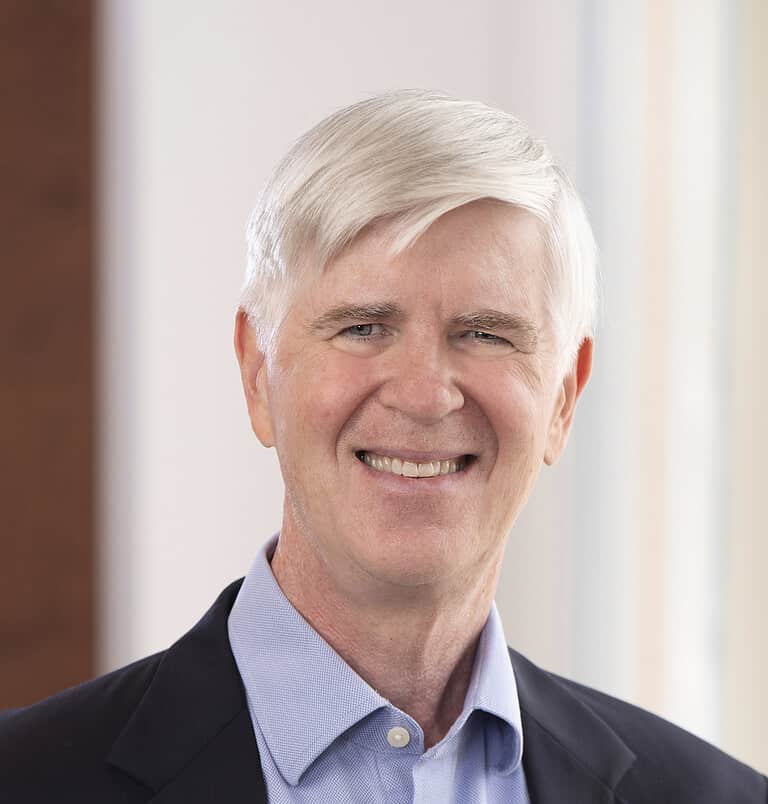
Capital Raising & Corporate Finance

Capital Raising & Corporate Finance


Capital Raising & Corporate Finance
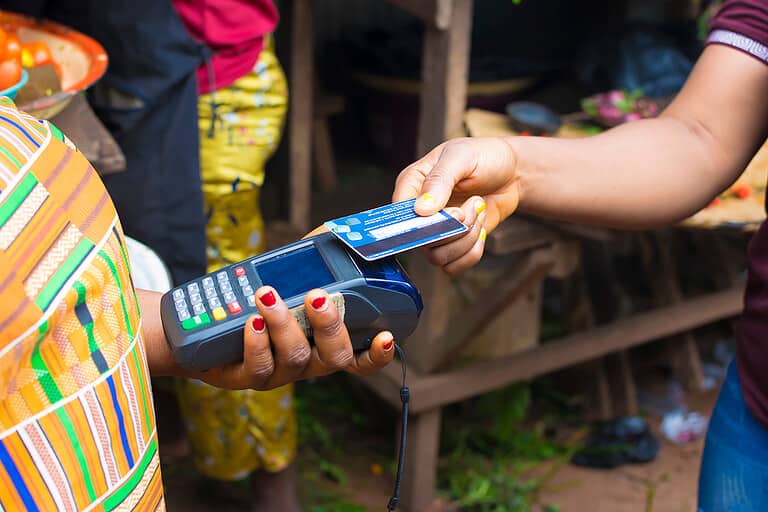
Capital Raising & Corporate Finance

Technology

Technology
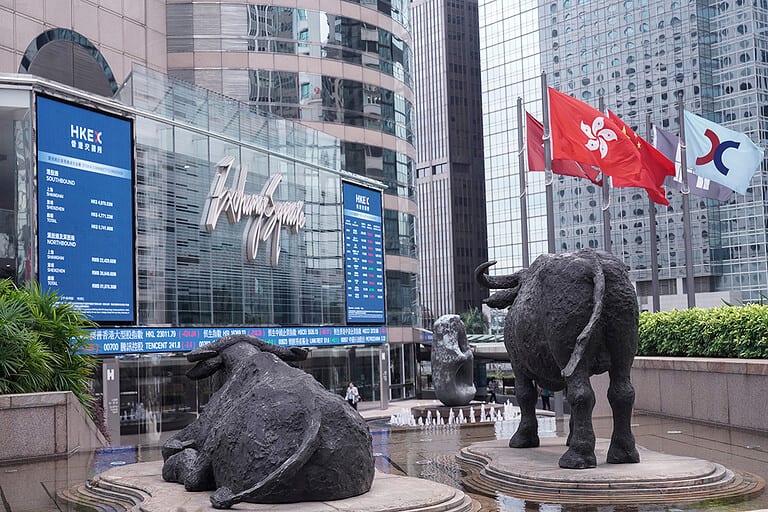
Capital Raising & Corporate Finance

Capital Raising & Corporate Finance
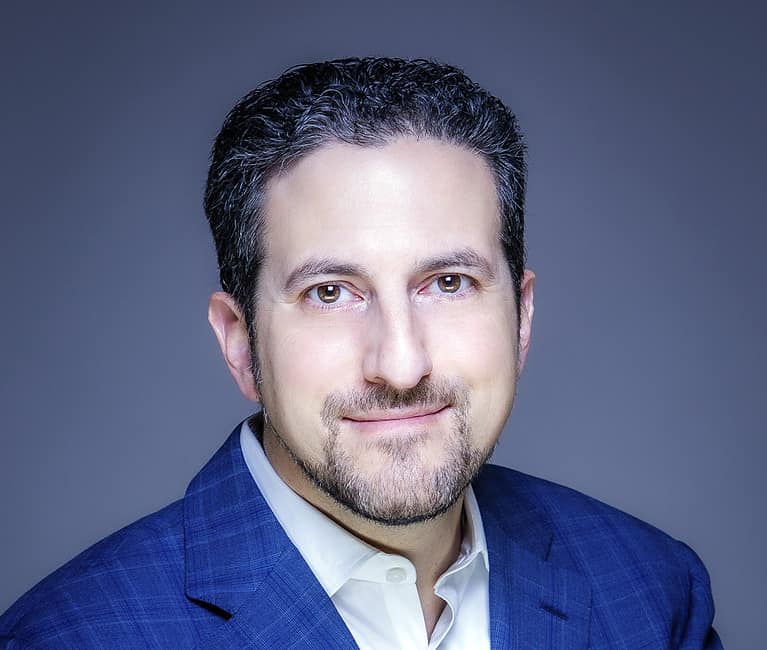
Capital Raising & Corporate Finance
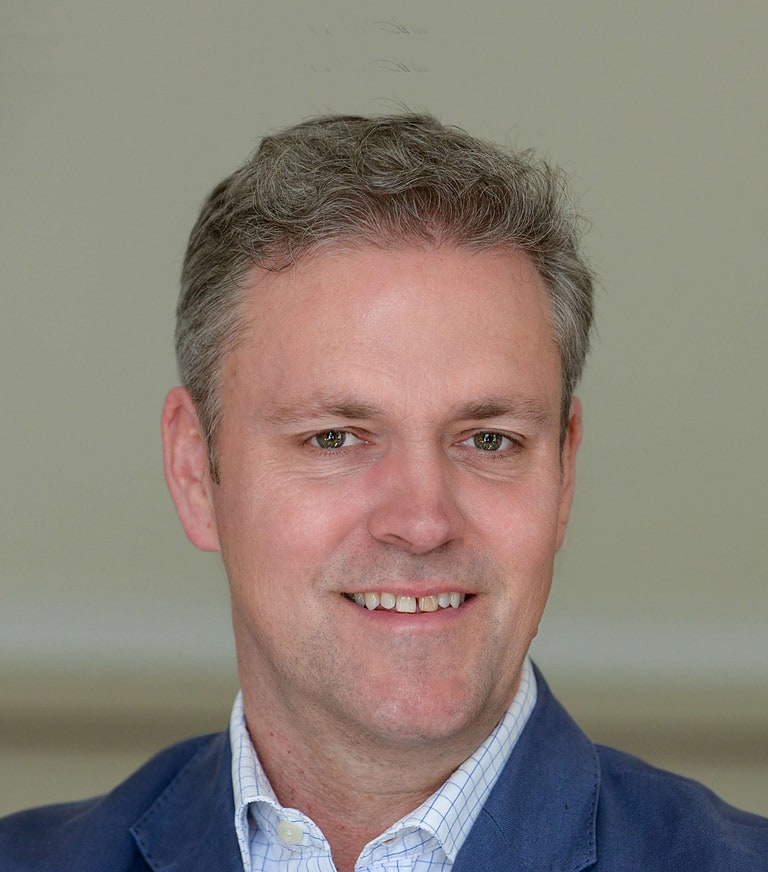
Capital Raising & Corporate Finance

Capital Raising & Corporate Finance